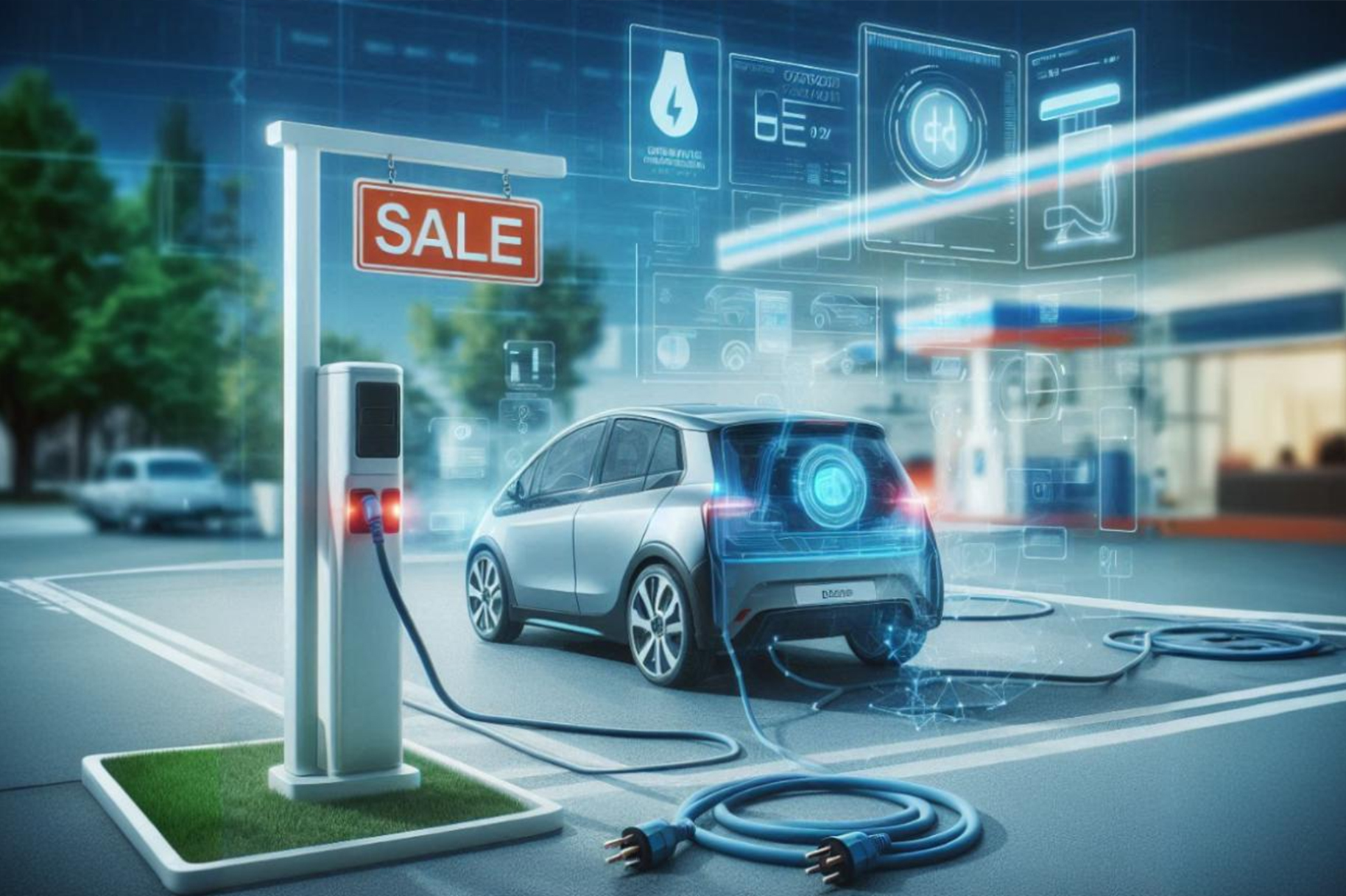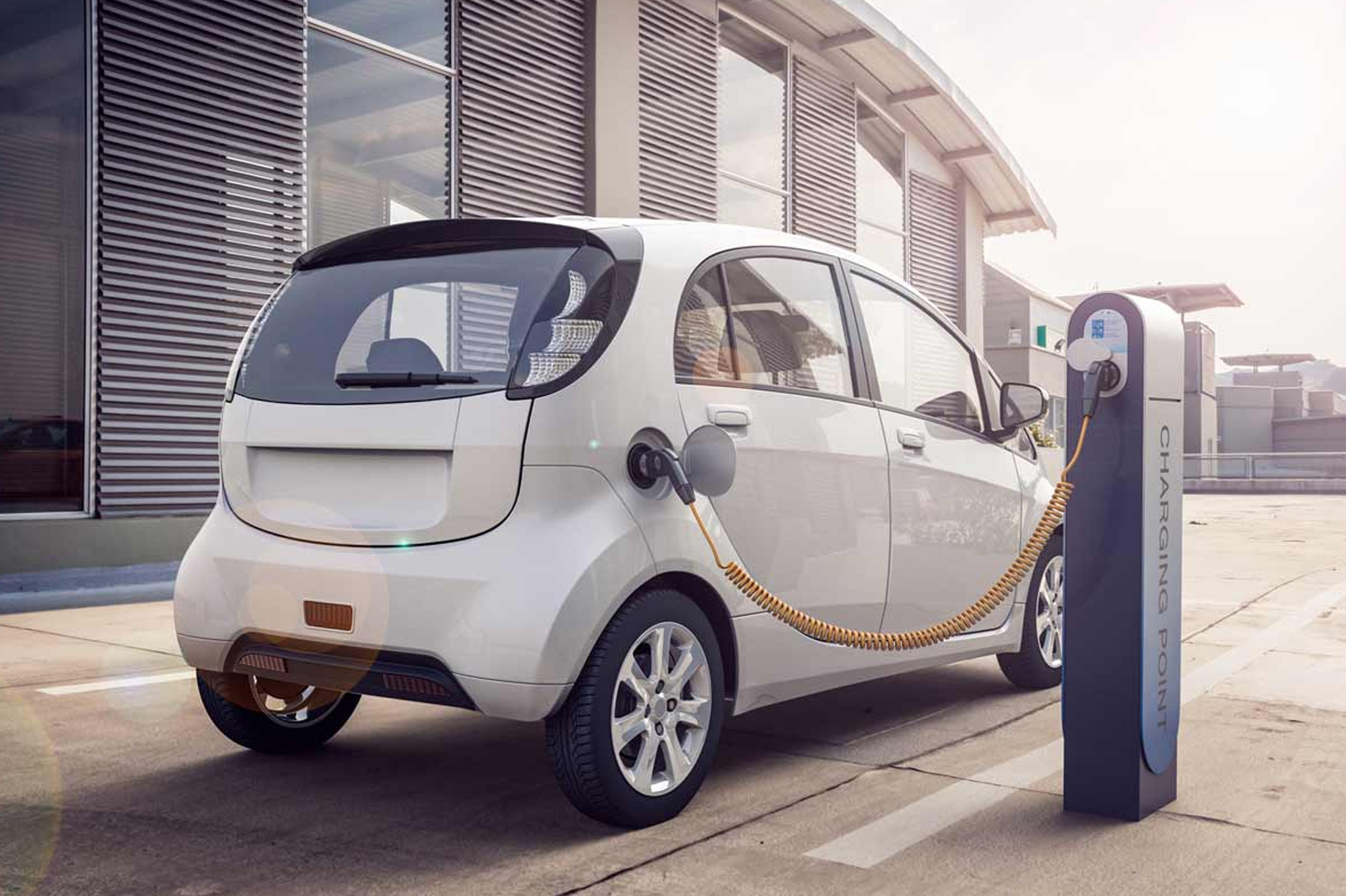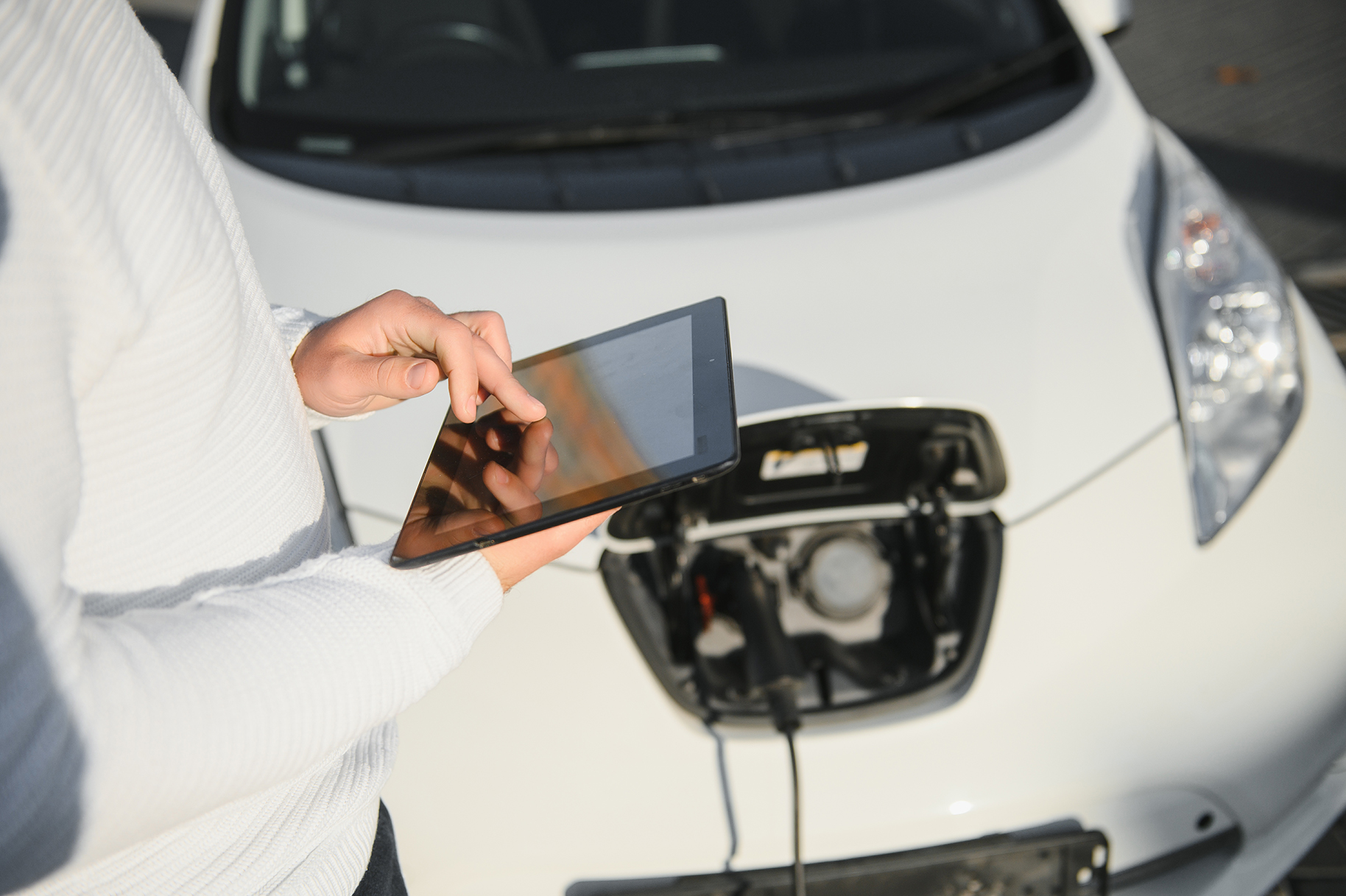It’s important to ensure a legal, secure and smooth sale, not just to find a buyer, when getting rid of your EV. Ensuring you have all the paperwork in hand can help you avoid delays and make the transaction with any buyer much better.
First of all, you need to know everything about your EV selling paperwork. From the title to electric car transfer forms, we’ll break it all down so you’re ready to close the deal confidently.
Why Paperwork Matters When Selling an EV?
Missing out on the paperwork is not only a risk, but it’s against the law in most places. Failing to complete all the forms might leave you liable for traffic fines, penalties for tolls or accidents if the car is given away after you sell it.
On top of that, the right documents:
- Prove ownership
- Protect you legally
- Speed up the sale process
- Build trust with the buyer
If your goal is a smooth and fast EV sale, getting the paperwork right is non-negotiable.
Documents You Need to Sell Your EV
If you want to sell your EV such as a Tesla, Nissan Leaf, Chevy Bolt or something else, you’ll need this checklist of basic documents.
1. Vehicle Title (Pink Slip)
The most important document of all. This proves you own the car and have the right to sell it.
- If it’s paid off, you’ll sign it over to the new owner.
- If you’re still financing, you will have to contact the lender to have the lien released and to have the title transferred.
📌 Tip: If the title is lost, request a duplicate from your local DMV before listing your EV.
2. Bill of Sale
This document records the sale and transfer of ownership. It usually includes:
- Your name and the buyer’s name
- Vehicle details (VIN, make, model, year)
- Sale price and date
- Odometer reading at the time of sale
- Both parties’ signatures
📝 Some states provide official templates; others allow you to create your own.
3. Odometer Disclosure Statement
Required by federal law for cars under 10 years old. It confirms the mileage at the time of sale.
- This can be part of the title or a separate document.
- Both the seller and buyer must sign it.
4. Notice of Transfer or Release of Liability
Once you sell the EV, you’ll need to inform the DMV that it’s no longer your responsibility.
- This protects you from future tolls, tickets, or incidents involving the car.
- Can usually be filed online at your state’s DMV website.
🚘 Example: In California, it’s called a “Notice of Transfer and Release of Liability” (NRL). Other states may use slightly different names.
5. Maintenance and Service Records
While not always required, these documents add value and build trust. They show:
- Battery health reports
- Scheduled service history
- Any recent repairs or upgrades
- Charging habits (home charging vs. public fast charging)
People who are looking to buy EVs value being able to see the full picture. Getting your records in order will make your vehicle worth more and sell it more quickly.
6. Warranty Documentation (If Applicable)
If your EV is still under a factory or extended warranty, have those papers ready.
Include:
- Battery warranty
- Powertrain or bumper-to-bumper coverage
- Transferability details (some warranties carry over, others don’t)
7. EV-Specific Accessories or Equipment
If you’re including items like:
- A Level 2 home charger
- Charging cables
- Tesla adapters
- Wall connectors or portable charging kits
List them in your bill of sale, and make sure to hand over manuals or receipts if you still have them.
What If You’re Selling to a Dealer or Instant Offer Platform?
Good news: Selling to a dealer or a platform like SellMyEV.com simplifies the process. In many cases, they’ll handle:
- DMV title transfer
- Paperwork submission
- Release of liability
- Final payment logistics
You’ll still need your title, ID, and basic sale info, but you can skip a lot of the hassle.
State-by-State Variations: Know Local Requirements
Paperwork for selling your EV can vary slightly depending on where you live. Some examples:
- California: Requires a smog check for gas cars, but not EVs.
- Texas: Requires a Vehicle Transfer Notification.
- Florida: Requires notarization on the title.
🔍 Pro Tip: Visit your state’s DMV website to download official forms and check any unique requirements.
Digital vs. Paper: Can You Complete Forms Online?
It is now possible for many states to handle vehicle titles and signatures online. Go to your DMV’s website to find out whether you can.
- File a notice of sale online
- Complete a digital title transfer
- Submit odometer disclosure electronically
This speeds up the process and can often be done the same day.
Real-World Scenario
Jared was selling his 2020 Chevy Bolt to a private buyer across state lines. He had a clean car, a buyer ready to pay cash, and had agreed on a price.
Yet he forgot to show the written title at the meeting, so the buyer said goodbye. Because of the delay, he couldn’t sell and had to start all over again.
✅ Moral of the story: Have your paperwork in order before listing your car.
Frequently Asked Questions About EV Sale Documents
Q: What if I’m still making payments on my EV?
A: You’ll need to contact your lender to pay off the loan or arrange for the lien release before transferring the title.
Q: Do I need to go to the DMV with the buyer?
A: Not usually. But in some states, a joint visit is helpful—especially for title notarization or plate transfer.
Q: How long does it take to transfer ownership?
A: If paperwork is ready, same-day transfers are possible in most states. Online platforms often speed up the process further.
Actionable Takeaways: Get Ready to Sell with Confidence
Here’s a quick recap of what you’ll need:
✅ Vehicle title
✅ Bill of sale
✅ Odometer disclosure
✅ Release of liability
✅ Maintenance records (optional but helpful)
✅ Warranty paperwork (if applicable)
✅ EV accessories list (if included)
When you have everything organized, it’s simple to move on and either sell privately, at a dealer or through a site such as SellMyEV.com.
Final Thoughts: Paperwork Doesn’t Have to Be a Headache
When trying to sell your EV, you need to make sure you are prepared. Putting the right documents in your possession protects you, wins over buyers and allows you to close the transaction soon.
Don’t let paperwork delay your sale. Whether you’re dealing with a Tesla, Bolt, or any other EV, knowing exactly what papers you need to sell your car is your secret tool.
If you’re short on time or want a hands-off process, services like SellMyEV.com are designed to take the paperwork and stress off your plate—fast, legal, and efficient.







